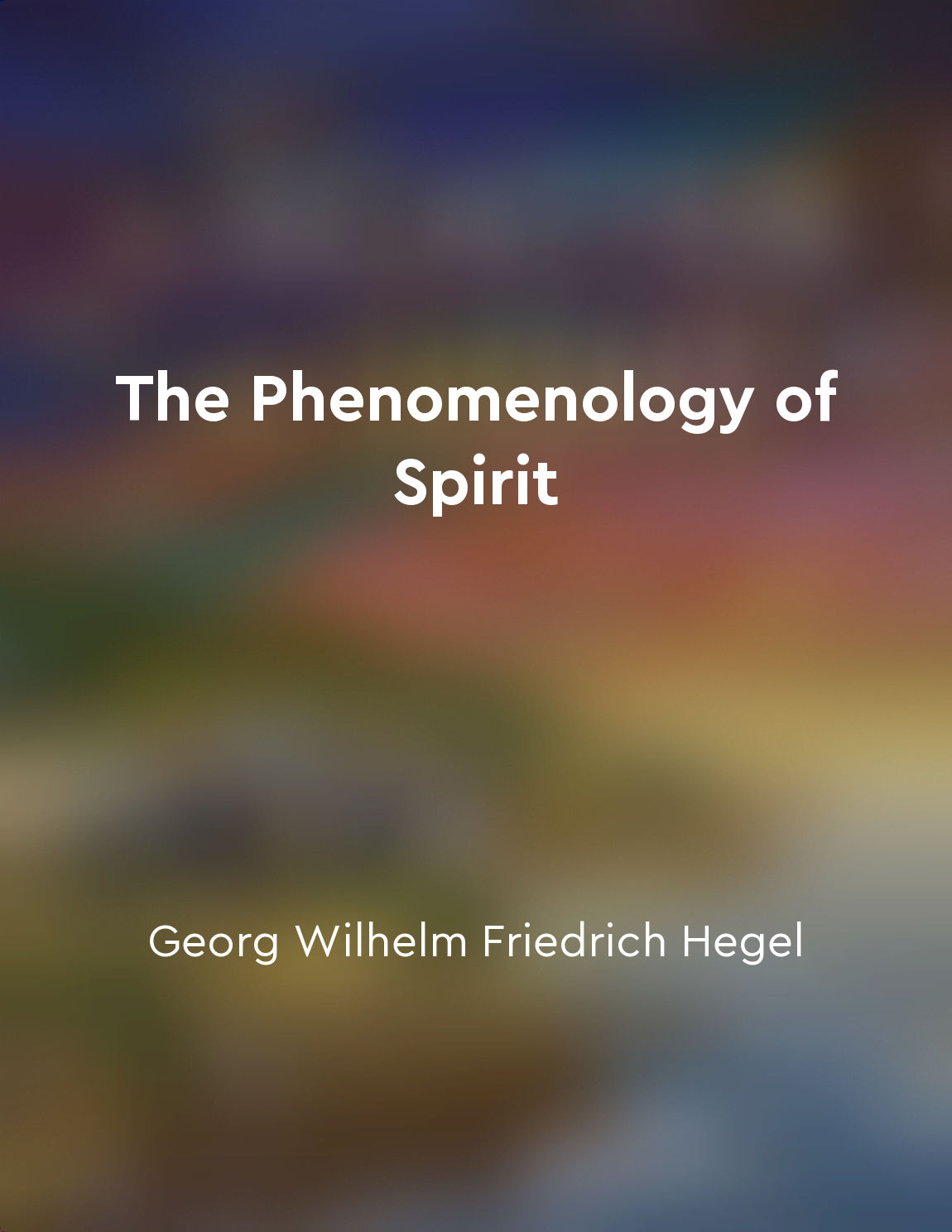JeanPaul Sartre believed that existence precedes essence from "summary" of Humanly Possible by Sarah Bakewell
Jean-Paul Sartre, the French philosopher, put forward the idea that existence comes before essence. This concept challenges the traditional notion that human beings have a predetermined essence or nature. Sartre argued that, unlike objects such as chairs or tables which are created with a specific purpose in mind, humans are born without a predetermined essence. Instead, we exist first and then define ourselves through our choices and actions. This means that we are constantly in the process of creating our own essence through the decisions we make. According to Sartre, there is no universal human nature that determines how we should behave. Each individual is free to make their own choices and create their own essen...Similar Posts
Moderation is crucial
The virtue of moderation is a delicate balance that must be maintained in all aspects of life. It is the key to living a harmon...
Kant synthesized rationalism and empiricism in his philosophy
Kant's philosophy represents a unique blend of rationalism and empiricism, two distinct schools of thought that had long been a...
He advocates for a balance between tradition and modernity
Throughout the text, Muḥammad Ḥasan delves into the idea of striking a harmonious equilibrium between tradition and modernity i...
It is a medium through which individuals can explore their innermost thoughts and desires
The imagination serves as a channel through which individuals can delve into the depths of their innermost thoughts and desires...

Freedom as selfdetermination
Freedom as self-determination is the essential nature of human consciousness. In the process of self-realization, individuals s...
Existence precedes essence
In the realm of existentialism, the notion that existence precedes essence serves as a foundational principle. This concept aff...
Existentialism is a philosophy of action
Existentialism, at its core, is not a passive contemplation of existence but a philosophy that demands action. It is a call to ...
